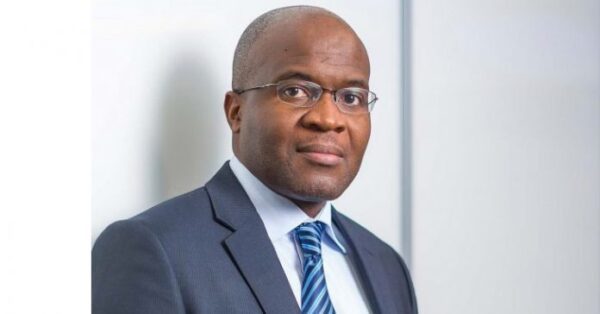
BY SHAME MAKOSHORI, IN BULAWAYO THE Chamber of Mines of Zimbabwe (CoMZ) says investors must not be dissuaded by fears of a grave crisis looming ahead, as authorities struggle to find viable solutions to prolonged turbulences.
In an interview with Mining Zimbabwe published during this week’s Mine Entra, CoMZ president Colin Chibafa said while the southern African country was far from perfect, investors would benefit from firms with interests in Zimbabwe. With annual inflation hurtling towards the 200% mark, a defenceless currency and a protracted political crisis, Zimbabwe has returned to the global spotlight, a decade after hyperinflation destroyed its currency and led to the closure of many mines. Some of the world’s most influential organisations have predicted a slide back to a ruthless meltdown. They have also urged authorities to respond with concrete action if they wish to entertain hopes of a return to pre-crisis boom times.
Zimbabwe has been in perpetual downturns since crossing paths with world powers at the turn of the century over rule of law and human rights abuses.
“My advice is that they (investors) should not mistake noise for useful information,” Chibafa told the journal.
“By this, I mean that mining is a long-term investment decision. As a potential investor, they should not only consider the constant reports from various quarters, some of who are not operating in the country, to that of the major mining companies that are operating in the country. As a chamber, we believe we have a role to play in engaging the government for an improved fiscal and regulatory environment,” Chibafa added.
CoMZ, which is scaling up engagements with authorities to strike common ground, has, however, said it is also worried about several factors that have held back investment into the country.
“We cannot afford to give up,” he said, referring to a contentious policy in which the Reserve Bank of Zimbabwe (RBZ) takes a fraction of exporters’ forex earnings and gives them Zimbabwe dollars at ruling official exchange rates.
“The Chamber of Mines continues to engage and lobby the RBZ and government for an optimal foreign exchange framework for the mining industry. While the retention has remained at 60:40, we have seen some changes namely, allowing miners to pay a portion of their royalties and taxes in local currency and the introduction of an incremental export incentive scheme that results in mining companies retaining 80% of export proceeds… in addition, for mining companies that are listed on the Victoria Falls Stock Exchange, the retention on the incremental incentives is set at 100 percent. We will continue to engage and lobby for improved retention levels to ensure mining companies are able to sustain and expand their output,” he noted.
- Chamisa under fire over US$120K donation
- Mavhunga puts DeMbare into Chibuku quarterfinals
- Pension funds bet on Cabora Bassa oilfields
- Councils defy govt fire tender directive
Keep Reading
He suggested that rolling power cuts which have returned to haunt Zimbabwe’s economy could be arrested by addressing challenges confronting coal mining firms.
“The thermal power value chain has huge scope to anchor the electricity supply in the country,” Chibafa told the publication.
“Quick wins at the Hwange Power Station are paramount. Refurbishment of six old units and completion of 7 and 8 units can easily improve the power supply in the country. These can be complemented by addressing challenges threatening the survival of the coal sector.
These challenges include low coal prices and acute foreign currency constraints. The country also needs to develop and implement a plan for self-sufficiency in power generation,” Chibafa added.
In a paper sent to government last week, CoMZ called on President Emmerson Mnangagwa’s government to transform promises for major policy reforms into a binding legal commitment in order to reactivate investor interest into the sector.
- Follow us on Twitter @NewsDayZimbabwe











